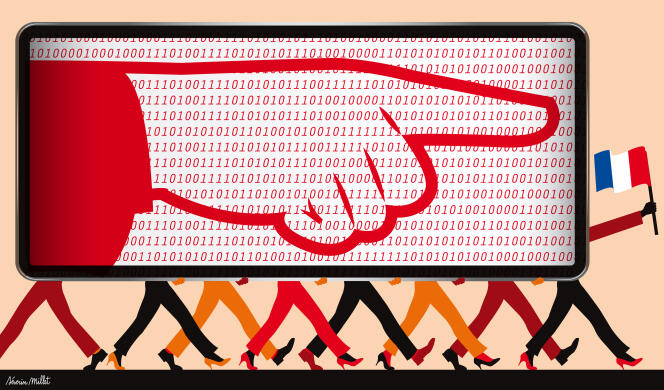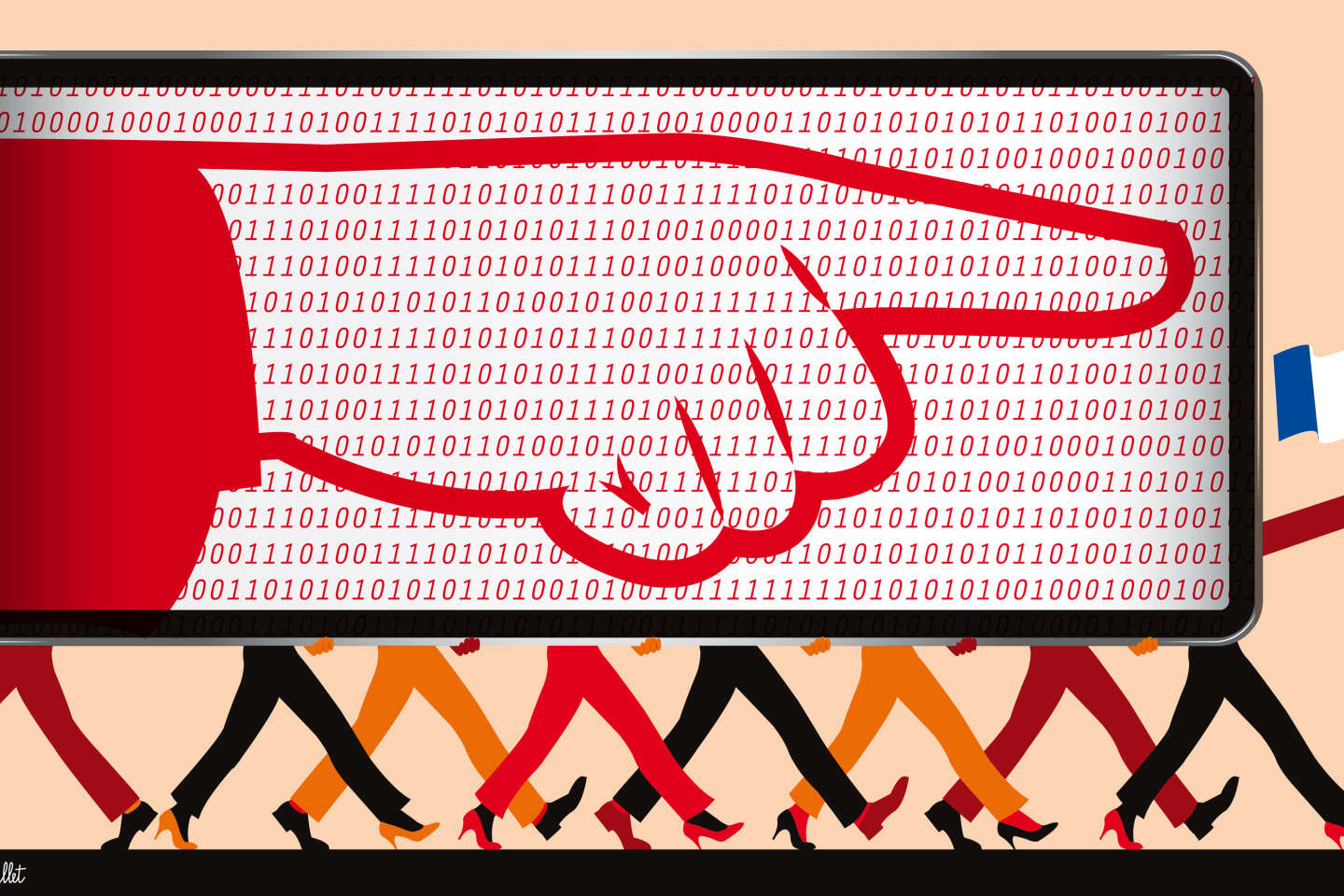
What should France do about artificial intelligence (AI)? When asked about this technology, the AI Commission issued a report to Emmanuel Macron on Wednesday, March 13. “optimistic and positive, even though we know there are risks”, assumes Anne Bouverot. The chairman of the board of directors of the Ecole Normale Supérieure co-chair, together with economist Philippe Aghion, of the work of fifteen experts appointed by Matignon in September 2023.
Back in the spotlight since ChatGPT launched in late 2022, AI is presented as a “inevitable technological revolution”, comparable to electricity or cars. If France missed it, “We could not only miss out on the AI economy, which would lead to increasing capture by others of our economic value, but also to a weakening of other sectors of activity.”, the authors warn and point out a risk of “economic degradation”. “If we do nothing, we risk seeing the trains passing by”, summarizes Mme Bouverot, referring to previous waves of digital innovation dominated by American companies.
Faced with these crucial issues, the commission nevertheless assures that France can ” on the front “ of AI. “It is an opportunity for France, for the economy and for the people who work, provided we prepare for it”, assures the co-chairman. In a “ambitious action plan”she proposes to invest EUR 5 billion per year for five years, in particular to finance the sector and the dissemination of technology in companies, but also to train workers, etc.
If the report contains the values of “sovereignty”, by “social dialogue” and from “responsibility”it also aims to eliminate certain ones “brakes”. And several recommendations could be controversial: facilitating the creation of data centers in France, the relaxation of certain authorization procedures for the use of personal data, especially in healthcare or by the police, the creation of a “AI fund” endowed with 10 billion euros and the idea of reforming taxes to finance innovation, the call to spread AI in public services, including education…
Some in the cultural industries were also concerned that the companies’ vision of AI was too present within the committee, made up of researchers, lawyer Alexandra Bensamoun, trade unionist Franca Salis-Madinier, as well as representatives from Google (Joëlle Barral), Meta (Yann Le Cun) and Mistral AI (Arthur Mensch and Cédric O, former State Secretary for Digital Affairs).
